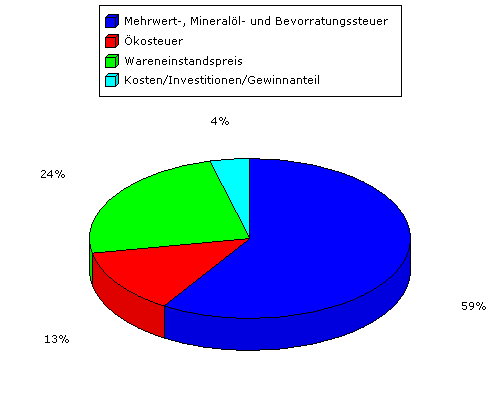So, heute habe ich wieder einmal gelernt, dass es zwischen Deutschland und Frankreich, trotz EWG, trotz EU und trotz aller bilateralen Kontrakten, es immer noch einen großen Graben gibt. Es hat wenig mit Politik zu tun (denke ich zumindest) und viel mehr mit Kultur und Faulheit von Firmen.
Große Firmen sind oft behäbig und langsam und dank diverser Hürden werden sie auch vor forscher kleiner Konkurrenz geschützt. Dies zeigt sich besonders auch im Sektor der Versicherungen. Vor kurzem habe ich meiner Freundin dabei geholfen in Deutschland eine KFZ-Versicherung zu finden. Dabei habe ich in Deutschland diverse Versicherungen abgeklappert. Einige, wie die CosmoDirect haben gleich gesagt: Trotz 10 Jahre unfallfreiem Fahren in Frankreich würde eine Einstufung in SF1/2 notwendig sein.
Gelinde gesagt eine Frechheit!
Doch auch auf französischer Seite sind kulturelle Barrieren oder mangelndes Know-How und übertriebene Arroganz Hindernisse. So sieht sich eine multi-nationale Versicherung ausserstande eine englisch übersetzte Bestätigung über die Versicherungsdauer und die Konditionen des Versicherten auszugeben. Nur eine französische Minimalkopie war zu bekommen.
Wie kann es sein, dass 70 Jahre nach dem 2. Weltkrieg immer noch solche hirnverbrannten kleinlichen Hindernisse existieren, als ob NOCH nie jemand von Frankreich nach Deutschland seine Versicherung ändern wollte. Als ob es keine interkulturellen Paare gibt.
Letztlich werden wir wohl jetzt eine hier nicht genannte Versicherung so lange nerven, bis sie die franz. Kopie annehmen, immerhin haben sie nicht kategorisch nein gesagt.
1. video is sick.
2. NAFTA blows.
2. NAFTA blows.
Has the 'North American Free Trade Agreement' really helped to improve the lives of those living here? And I include other global free trade deals too. Somehow I think it just makes things more efficient for governments and mega corps to screw over the little guy.
The point this video makes is not simply "Eat Real. Eat Local" but more like SPEND LOCAL. That's the only real way to vote nowadays, is with your dollar.
The way this was done was really neat, but it forgets to mention that its not as simple as buying Canadian food. Agreements like NAFTA only flood our market with more cheap imports, which keep countries in the 'third world' dependent on producing primary commodities that are subject to market fluctuations. As mentioned above, the idea that countries should produce what they are best at is just another way that the first world continues to dominate the world economy. By having countries produce "what they are best at" they are importing value added products from the west only driving up their debts.
a fantastic little film, both the information and the presentation. i'm in Canada, so it's especially meaningful for me. i've embedded it over at digipendence.com. also the comment by Jørgen Reitan Sivertsen is very interesting food for thought.
This is in my eyes why I think that lefties often rub me the wrong way. First off, not only the video but also some of these comments are a bit racist. For example, why is it so much more important to have Canadian agra-jobs rather than jobs in needy countries like Argentina or almost any country in Africa? It's just that they are foreign and bad and Canadians are domestic and good? There is more veiled racism here than in all the tea party movement together and it is worse for sure.
Now, there are several angles that could be discussed on top of that. First the fact that probably local-only production would never satisfy demand, especially in crisis situations. Then the more expensive local food means less production of things that ARE actually done "cheaply" in Canada like White Collar work. Less disposable income for all the Canadians, because they have to spend more on food and less on amneties like iPhones (and I wager all of the guys commenting there have a smartphone or osme such).
Then the statement that free trade agreements like NAFTA, the EU and others don't work and don't improve the overall well-being is just a big fat lie in the face of evidence. I live in the EU and free trade and free movement of labour is about the only thing in the EU that is good and working to our benefit!
Just remember the state of the Germanies around 1760. There were like 40 different countries in Germany ruled by different kinds of kings, lords and clerics. This meant that there were some 40 different tolls to pay, 40 different import restrictions to observe and this hampered the economic well-being of most of the German countries. It all got better when city states elevated themselves, the industrial revolution kicked in and of course, Napoleon conquered most of those states and abolished most of those restrictions.
Or just look at how much the world changed when suddenly The west started to freely trade with the Ex-Soviet states again! Yeah, freeer trade is really a bitch, but one I'd like to have around for a long time.




